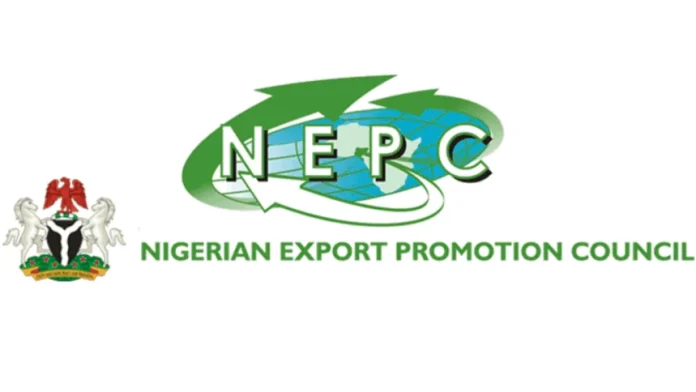In a major step towards boosting Nigeria’s non-oil export trade, the Nigerian Export Promotion Council (NEPC) and the Nigerian Bureau of Statistics (NBS) have signed a Memorandum of Understanding (MoU) aimed at capturing data from the informal cross-border trade sector.
The agreement, signed in Abuja, is designed to address long-standing gaps in trade statistics that have hindered effective policy-making and economic planning.
The Executive Director of NEPC, Nonye Ayeni, highlighted the importance of the partnership, describing it as a ‘turning point’ in Nigeria’s export strategy. According to her, traditional trade data has largely focused on formal sector activities, while significant informal trade volumes remain unrecorded. This oversight, she explained, diminishes Nigeria’s negotiating power in regional and global trade discussions.
“In 2024, formal export trade records indicated that 7.291 million metric tons of non-oil products valued at $5.456 billion were exported from Nigeria. This figure excludes informal export trade data,” Ayeni noted. “Informal trade, which accounts for millions of dollars in goods and services, is largely outside our official records.”
Data collected by NEPC state offices from key border corridors in Kano, Jigawa, Kebbi, Zamfara, Katsina, Sokoto, Lagos, Ogun, and Adamawa revealed informal transactions valued at over $31.8 million during several months in 2024 alone. A report from the National Onion Producers, Processors, and Marketers Association of Nigeria (NOPPMAN) further disclosed that over 1.6 million bags of onions were traded informally to neighboring countries, including Ghana, Cote D’Ivoire, Benin, Cameroon, Congo, and Niger Republic.
Ayeni emphasized that these informal trades, despite their economic significance, are not captured in Nigeria’s official export statistics, creating a blind spot for economic strategists. “This omission weakens Nigeria’s voice in trade negotiations and denies informal traders the recognition and support they need to thrive,” she added. “It also diminishes Nigeria’s economic potential, especially in terms of contributions from women, youth, and MSMEs.”
On his part, the Statistician General of the Federation, Prince Adeyemi Adeniran, praised the partnership as a step towards rectifying the gaps in Nigeria’s trade data. He noted that informal trade in Sub-Saharan Africa contributes between 20% and 40% of intra-African trade, with Nigeria accounting for a significant share. “These are not just gaps in data; they are gaps in our understanding of economic life and the well-being of millions of Nigerians,” he stated.
Adeniran further explained that the collaboration aims to integrate informal trade data into the national framework, enhancing Nigeria’s capacity for evidence-based policymaking, fair trade negotiations, and more accurate macroeconomic indicators. He remarked, “This initiative will enhance institutional capacities, promote regulatory coherence, and position Nigeria as a leader in trade statistics.”
Both agencies expressed optimism that the new data collection initiative will lead to smarter border policies, enhanced food security, and support for small and medium enterprises. It is also expected to facilitate better monitoring of regional integration efforts under the African Continental Free Trade Area (AfCFTA).

